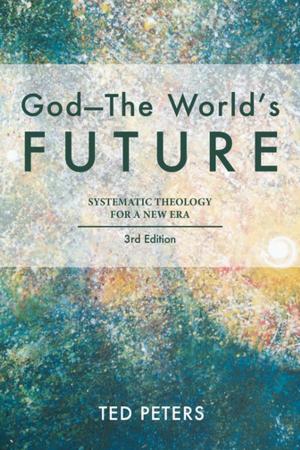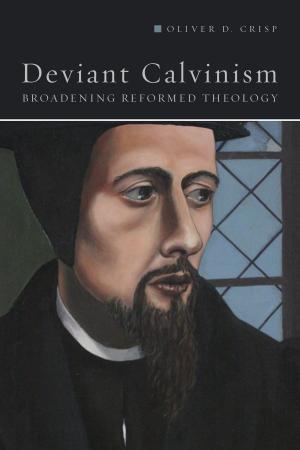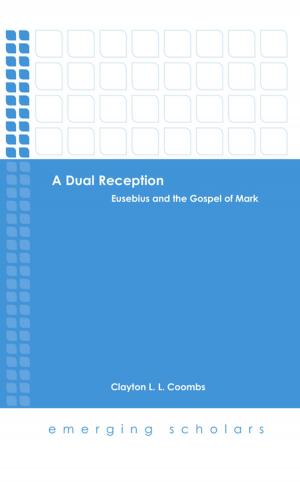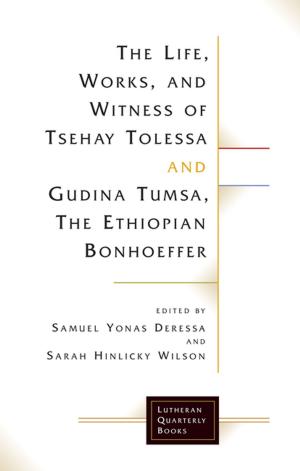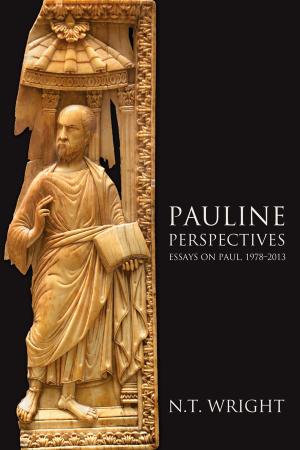Deus providebit
Calvin, Schleiermacher, and Barth on the Providence of God
Nonfiction, Religion & Spirituality, Theology, Christianity| Author: | Sung-Sup Kim | ISBN: | 9781451487640 |
| Publisher: | Fortress Press | Publication: | September 1, 2014 |
| Imprint: | Fortress Press | Language: | English |
| Author: | Sung-Sup Kim |
| ISBN: | 9781451487640 |
| Publisher: | Fortress Press |
| Publication: | September 1, 2014 |
| Imprint: | Fortress Press |
| Language: | English |
This dissertation stages an intervention in Reformed readings of the doctrine of providence, particularly around Barth’s critical interpretation of the tradition stemming from Calvin and Schleiermacher, and provides a critical and constructive assessment of Barth’s contribution. The author argues that while Barth advances the discussion in key ways, his reading of Calvin in particular is significantly hampered by his running challenge to Schleiermacher.
Following an assessment of Barth’s critique of the Reformed position, the author provides an extensive reading of Calvin’s writings, demonstrating that Calvin is far more concerned with the Christological basis and Christian meaning of providence than Barth’s theology recognizes; as well, Schleiermacher’s theological construction problematizes aspects of Barth’s reading.
The upshot of this work is that each of these theologians provide critical safeguards and soundings that need to be heard in concert and mutual correction for a robust doctrine of divine providence.
This dissertation stages an intervention in Reformed readings of the doctrine of providence, particularly around Barth’s critical interpretation of the tradition stemming from Calvin and Schleiermacher, and provides a critical and constructive assessment of Barth’s contribution. The author argues that while Barth advances the discussion in key ways, his reading of Calvin in particular is significantly hampered by his running challenge to Schleiermacher.
Following an assessment of Barth’s critique of the Reformed position, the author provides an extensive reading of Calvin’s writings, demonstrating that Calvin is far more concerned with the Christological basis and Christian meaning of providence than Barth’s theology recognizes; as well, Schleiermacher’s theological construction problematizes aspects of Barth’s reading.
The upshot of this work is that each of these theologians provide critical safeguards and soundings that need to be heard in concert and mutual correction for a robust doctrine of divine providence.



